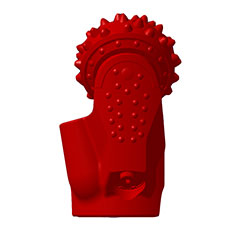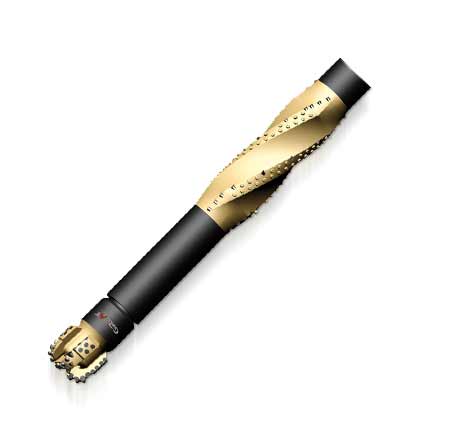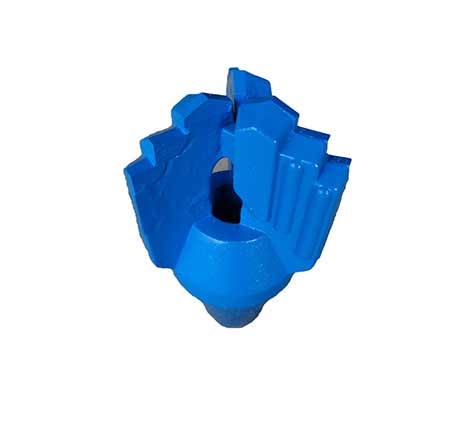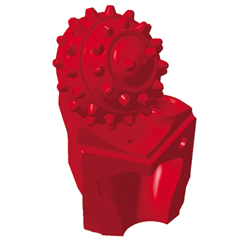When it comes to precision machining, selecting the right reamer is crucial for achieving the perfect hole dimensions and surface finish. Whether you are a professional machinist or a DIY enthusiast, understanding how to choose the right reamer for your project is essential. In this article, we will explore the key factors to consider when selecting a reamer, providing you with the knowledge and tools to make an informed decision. Let's dive into the world of reamers and discover how to find the perfect one for your project.
Key Factors to Consider When Choosing a Reamer
1. Material of the Reamer
The material of the reamer is crucial as it determines its durability, strength, and suitability for different applications. Common materials include:
High-Speed Steel (HSS): HSS reamers are versatile and cost-effective, making them suitable for general-purpose machining. They maintain their cutting edges well under normal conditions and are ideal for a wide range of materials.
Carbide: Carbide reamers offer exceptional hardness and wear resistance, making them ideal for high-precision applications. They can handle tougher materials and maintain their cutting edges longer, but they are more expensive.
Cobalt Steel: Cobalt steel reamers provide improved wear resistance compared to HSS, making them suitable for harder materials. They offer longer tool life and better performance in demanding conditions.
Diamond: Diamond reamers are the hardest and most durable, making them ideal for extremely hard materials like ceramics and carbides. They are expensive but necessary for specialized applications
2. Type of Reamer
Different types of reamers are designed for specific applications. Consider the following:
Hand Reamers: Suitable for manual operations and small-scale projects. They require a reaming handle and are ideal for achieving high precision.
Machine Reamers: Designed for use with machine tools like lathes and milling machines. They offer higher precision and are available in various sizes.
Adjustable Reamers: These reamers can be adjusted to different sizes, making them versatile for multiple hole diameters.
Taper Reamers: Used for creating tapered holes, such as for fitting tapered pins or creating countersinks.
3. Size and Tolerance
The size and tolerance of the reamer must match the requirements of your project. Ensure that the reamer's diameter and length are appropriate for the hole you need to finish. Additionally, consider the required tolerance to achieve the desired precision.
4. Application Requirements
Understand the specific requirements of your project, including the material being reamed and the desired hole specifications. For example, if you are working with hard materials, a carbide reamer may be more suitable. If precision is critical, consider a machine reamer for better accuracy.
5. Cost and Budget
Consider your budget when selecting a reamer. While carbide and diamond reamers offer superior performance, they come at a higher cost. HSS reamers are more affordable and may be sufficient for many applications. Evaluate the trade-offs between cost and performance to make the best decision for your project.
6. Tool Life and Maintenance
Think about the durability and maintenance requirements of the reamer. Carbide and cobalt steel reamers typically have longer tool life, reducing the frequency of replacements. However, they may require more specialized maintenance. Ensure that you are prepared to handle the maintenance requirements of the reamer you choose.
Choosing a Reamer for a Precision Machining Project
Let's consider a real-world example to illustrate the process of selecting a reamer. Suppose you are working on a precision machining project that requires finishing holes in a hard steel component. The holes need to be precise to within tight tolerances.
Material: Given the hardness of the steel, a carbide reamer would be the best choice due to its superior hardness and wear resistance.
Type: A machine reamer would be ideal for achieving the required precision and consistency.
Size and Tolerance: Ensure that the reamer's diameter and length match the specifications of the holes you need to finish.
Application Requirements: Confirm that the reamer is suitable for hard steel and can achieve the desired hole dimensions and surface finish.
Cost and Budget: While carbide reamers are more expensive, the investment is justified by the precision and durability they offer.
Tool Life and Maintenance: Carbide reamers have a longer tool life, reducing the need for frequent replacements. Ensure that you follow the manufacturer's maintenance guidelines to keep the reamer in optimal condition.
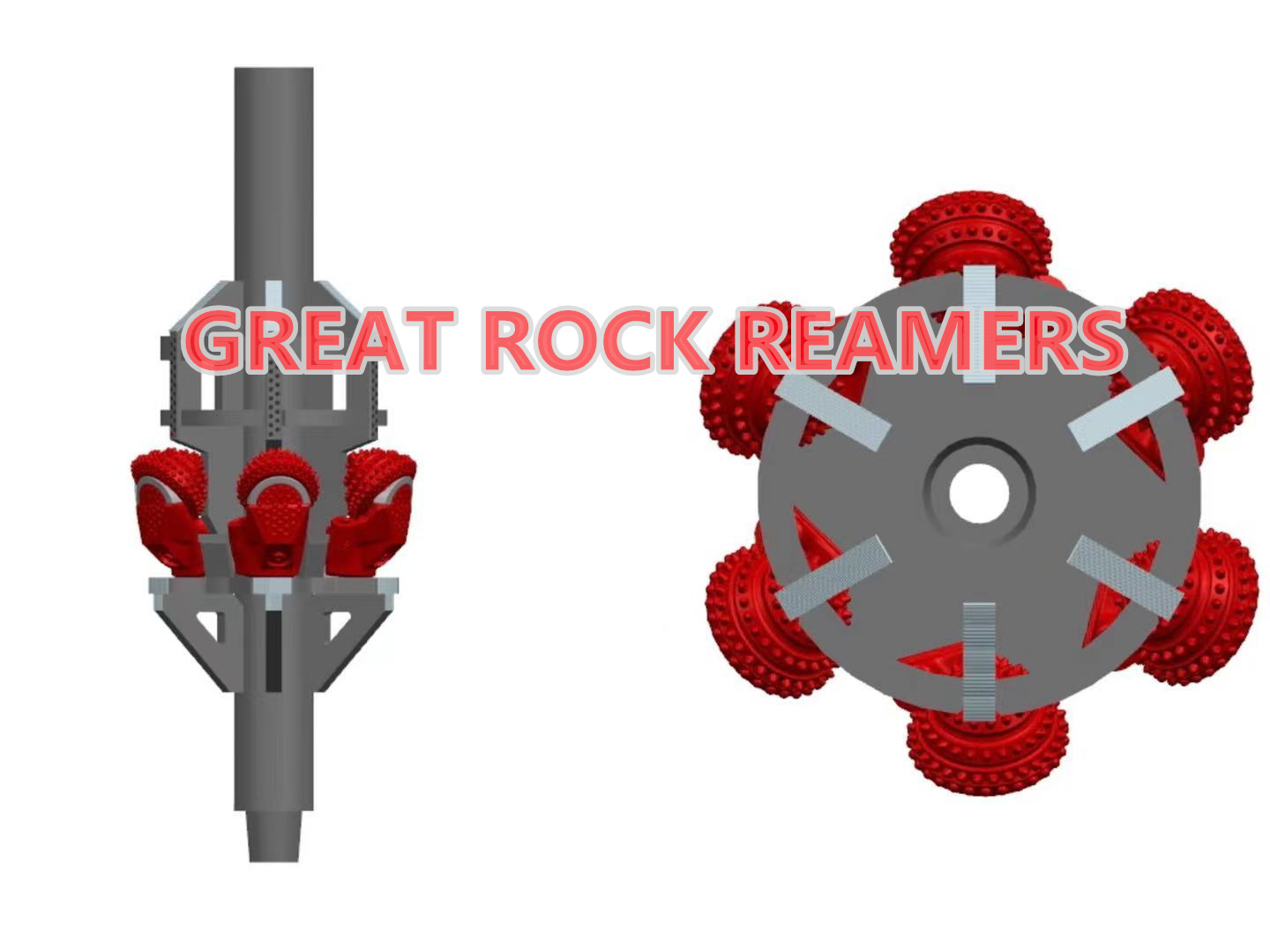
Choosing the right reamer for your project involves considering several key factors, including the material, type, size, application requirements, cost, and tool life. By understanding these factors and how they relate to your specific project, you can make an informed decision that ensures precision and efficiency. Whether you are working with general-purpose materials or specialized applications, selecting the appropriate reamer will help you achieve the best results. Remember to always consider the specific needs of your project and invest in high-quality tools to ensure long-term success.
For high-quality reamers and other drilling tools, consider exploring the offerings from GREAT Drill Bits, a leading manufacturer known for its reliability and performance in a wide range of drilling environments. Their extensive product line and commitment to quality make them a trusted choice for professionals and enthusiasts alike.
 English
English français
français Deutsch
Deutsch Español
Español italiano
italiano русский
русский português
português العربية
العربية tiếng việt
tiếng việt ไทย
ไทย Nederland
Nederland

